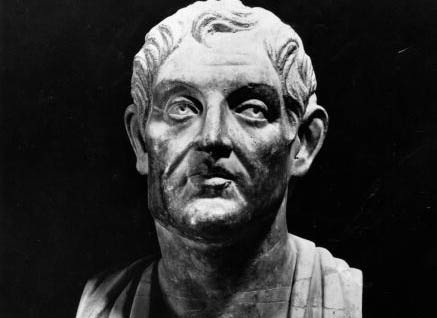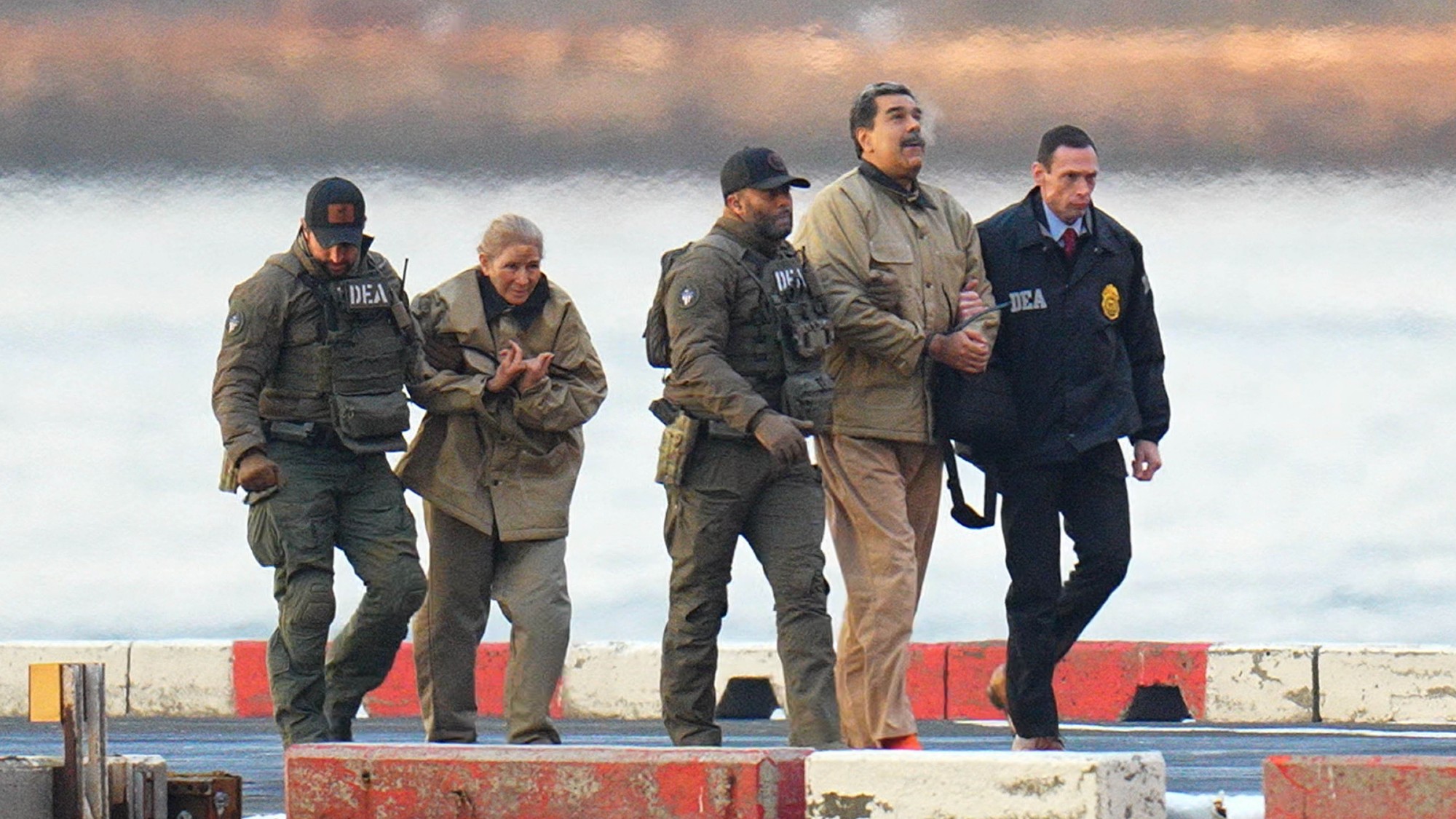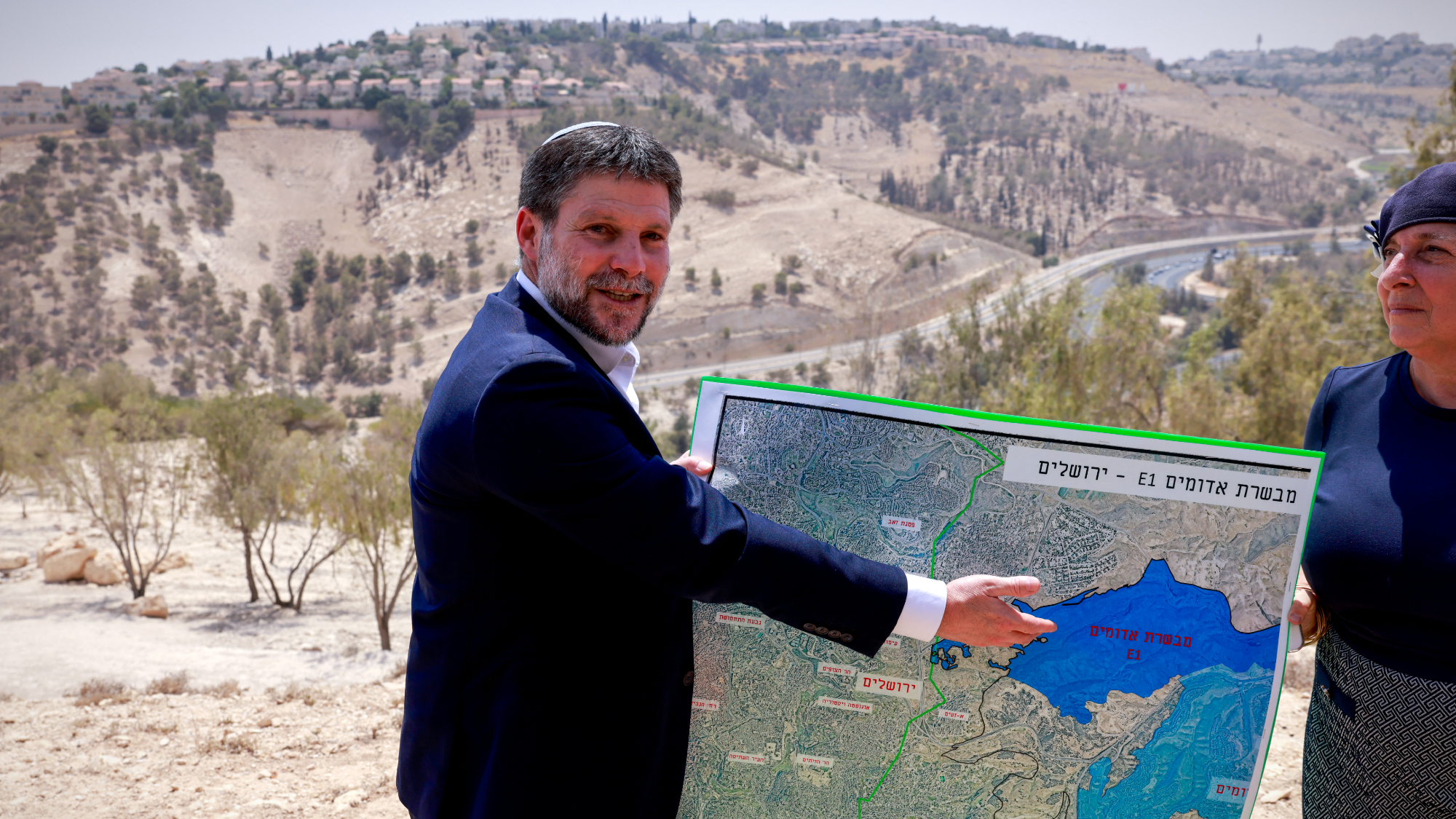Archaeologists reportedly discover Aristotle's long-lost tomb


Archaeologists working at the site of the ancient city of Stagira in Central Macedonia claim to have discovered the tomb of the great philosopher Aristotle, according to multiple reports by the Greek media. An official announcement is expected to be made by the team at the Aristotle 2400 Years World Congress.
"I have no hard proof, but strong indications lead me to almost certainty," archaeologist Kostas Sismanidis told Sigmalive of the discovery.
Aristotle was born in Stagira in 384 BC and died in 322 BC in Chalcis, where many believed he was buried. However, two literary sources pointed archaeologists to Stagira, where Aristotle's ashes may have later been transferred.
The Week
Escape your echo chamber. Get the facts behind the news, plus analysis from multiple perspectives.

Sign up for The Week's Free Newsletters
From our morning news briefing to a weekly Good News Newsletter, get the best of The Week delivered directly to your inbox.
From our morning news briefing to a weekly Good News Newsletter, get the best of The Week delivered directly to your inbox.
The 2,400-year-old tomb stands in the middle of Stagira with 360-degree views:
The top of the dome is at 10 meters and there is a square floor surrounding a Byzantine tower. A semi-circle wall stands at two meters in height. A pathway leads to the tomb's entrance for those that wished to pay their respects. Other findings included ceramics from the royal pottery workshops and fifty coins dated to the time of Alexander the Great. [Greek Reporter]
The Byzantines later destroyed the tomb and constructed a tower in its place.
Aristotle was a student of Plato, and later tutored Alexander the Great. His work on the natural sciences and metaphysics as well as ethics, government, and the arts have a lasting impact to this day.
A free daily email with the biggest news stories of the day – and the best features from TheWeek.com
Jeva Lange was the executive editor at TheWeek.com. She formerly served as The Week's deputy editor and culture critic. She is also a contributor to Screen Slate, and her writing has appeared in The New York Daily News, The Awl, Vice, and Gothamist, among other publications. Jeva lives in New York City. Follow her on Twitter.
-
 Israel’s E1 zone in the West Bank: the death of the two-state solution?
Israel’s E1 zone in the West Bank: the death of the two-state solution?The Explainer Controversial new settlement in occupied territories makes future Palestinian state unviable, critics claim
-
 What the new Making Tax Digital rules mean
What the new Making Tax Digital rules meanThe Explainer A new system will be introduced from April to overhaul how untaxed income is reported to HMRC
-
 The former largest iceberg is turning blue. It’s a bad sign.
The former largest iceberg is turning blue. It’s a bad sign.Under the radar It is quickly melting away
-
 Iran cuts internet as protests escalate
Iran cuts internet as protests escalateSpeed Reada Government buildings across the country have been set on fire
-
 US nabs ‘shadow’ tanker claimed by Russia
US nabs ‘shadow’ tanker claimed by RussiaSpeed Read The ship was one of two vessels seized by the US military
-
 Maduro pleads not guilty in first US court hearing
Maduro pleads not guilty in first US court hearingSpeed Read Deposed Venezuelan leader Nicolás Maduro and his wife Cilia Flores pleaded not guilty to cocaine trafficking and narco-terrorism conspiracy
-
 Iran’s government rocked by protests
Iran’s government rocked by protestsSpeed Read The death toll from protests sparked by the collapse of Iran’s currency has reached at least 19
-
 Israel approves new West Bank settlements
Israel approves new West Bank settlementsSpeed Read The ‘Israeli onslaught has all but vanquished a free Palestinian existence in the West Bank’
-
 US offers Ukraine NATO-like security pact, with caveats
US offers Ukraine NATO-like security pact, with caveatsSpeed Read The Trump administration has offered Ukraine security guarantees similar to those it would receive from NATO
-
 Hong Kong court convicts democracy advocate Lai
Hong Kong court convicts democracy advocate LaiSpeed Read Former Hong Kong media mogul Jimmy Lai was convicted in a landmark national security trial
-
 Australia weighs new gun laws after antisemitic attack
Australia weighs new gun laws after antisemitic attackSpeed Read A father and son opened fire on Jewish families at Sydney’s Bondi Beach, killing at least 15
